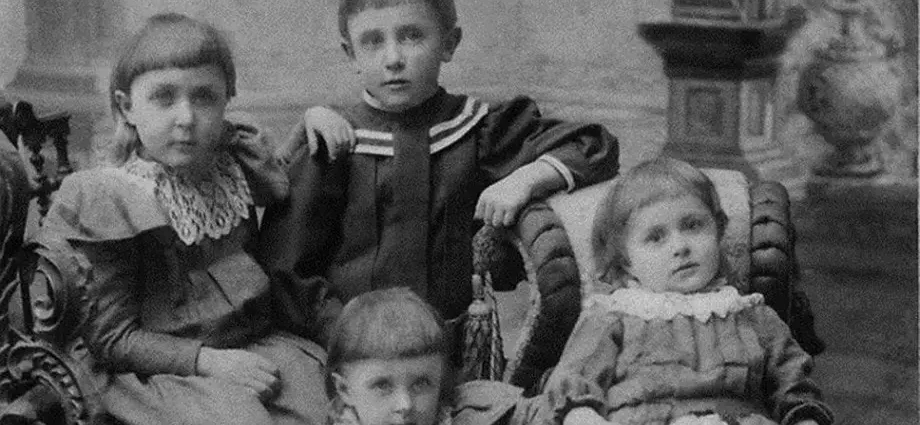Contents
- 10 Since childhood, he began to write and was interested in literature.
- 9. Was a doctor, surgeon
- 8. Morphine addiction
- 7. His apartment was constantly searched
- 6. His uncle was the prototype of Professor Preobrazhensky
- 5. Pawned his wife’s jewelry in a pawnshop
- 4. Collected concert and theater tickets
- 3. Focused on the work of Gogol
- 2. The Master and Margarita is an unfinished work
- 1. negative attitude towards the revolution
Mikhail Bulgakov is a talented Russian writer. Most of us know him as the author of the novel The Master and Margarita and the story The Heart of a Dog, but he has many other equally worthy works to his credit.
Bulgakov was not limited to writing, he was a playwright, director, and even an actor. The creative path of Mikhail Afanasyevich was not easy. His first novel was heavily criticized, censors called it anti-communist. And after an incident of 10 years, his works were completely forbidden to be printed. Most of them “saw the light” after the death of the writer.
In the 30s, he asked the government to give him the opportunity to do what he loved or to emigrate from the country. In the theaters of Moscow at that time, performances based on Bulgakov’s plays were still staged, but soon they began to disappear from the repertoire …
This article will focus on the most interesting facts from Bulgakov’s biography. With their help, you can get an idea about him as a person, and not just as a writer.
10 Since childhood, he began to write and was interested in literature.
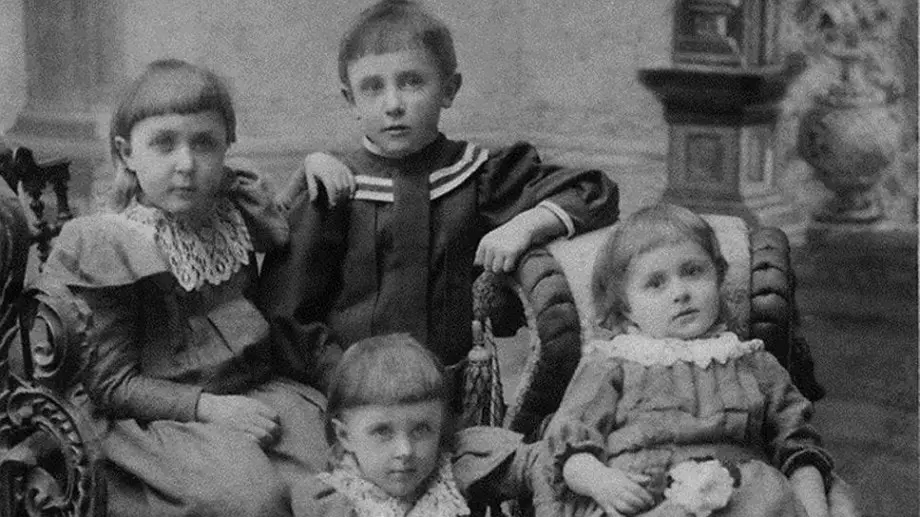
Mikhail Afanasyevich was born into an intelligent family. His father was a professor at the Theological Academy, his mother taught at the gymnasium. Parents owned a good library, little Misha loved to read from childhood. This was facilitated by the atmosphere that prevailed in the Bulgakovs’ house.
The head of the family was a very educated man, he also had a penchant for writing. True, Afanasy Ivanovich did not show his works to anyone, he wrote “on the table.”
Mikhail inherited the ability to compose from his father and at the age of 7 he created his first work. It was called “The Adventures of Svetlana.” Unfortunately, it has not survived to this day, but it is known that its main theme was magic, fairies, princesses.
9. Was a doctor, surgeon
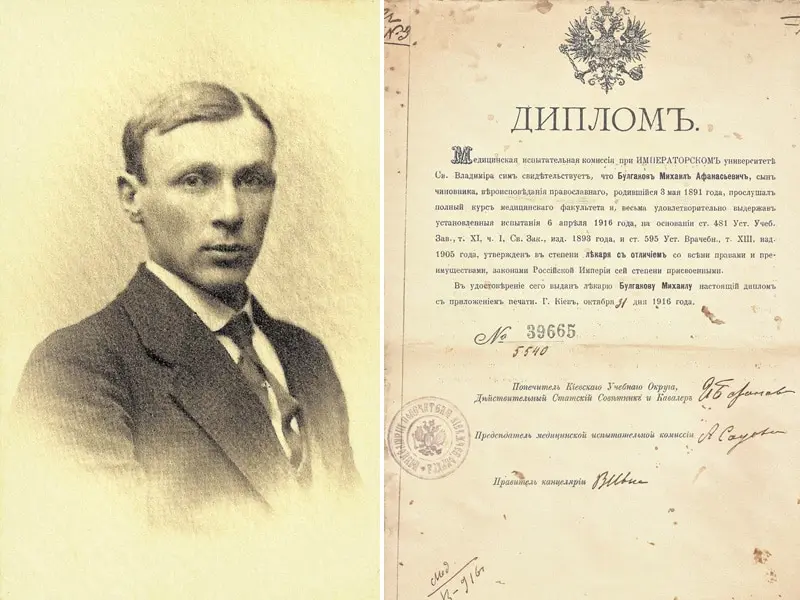
After graduating from the gymnasium, Mikhail Afanasyevich entered the medical institute in Kyiv. He made this decision while looking at his mother’s brothers. They worked as doctors and made good money. For Bulgakov, who grew up in a poor family, this was a strong argument.
While still a student, he began to practice. The First World War began, there was no way out. At first, Bulgakov worked as an orderly in a military infirmary.
Soon the young doctor received a referral to the hospital, which was not far from the front line.. His wife Tatyana Lappa said that it was a very difficult time for Mikhail Afanasyevich. I had to operate a lot. The hospital received a large number of patients with gangrene, seriously wounded.
After there was a zemstvo hospital and practice as a venereologist.
8. Morphine addiction
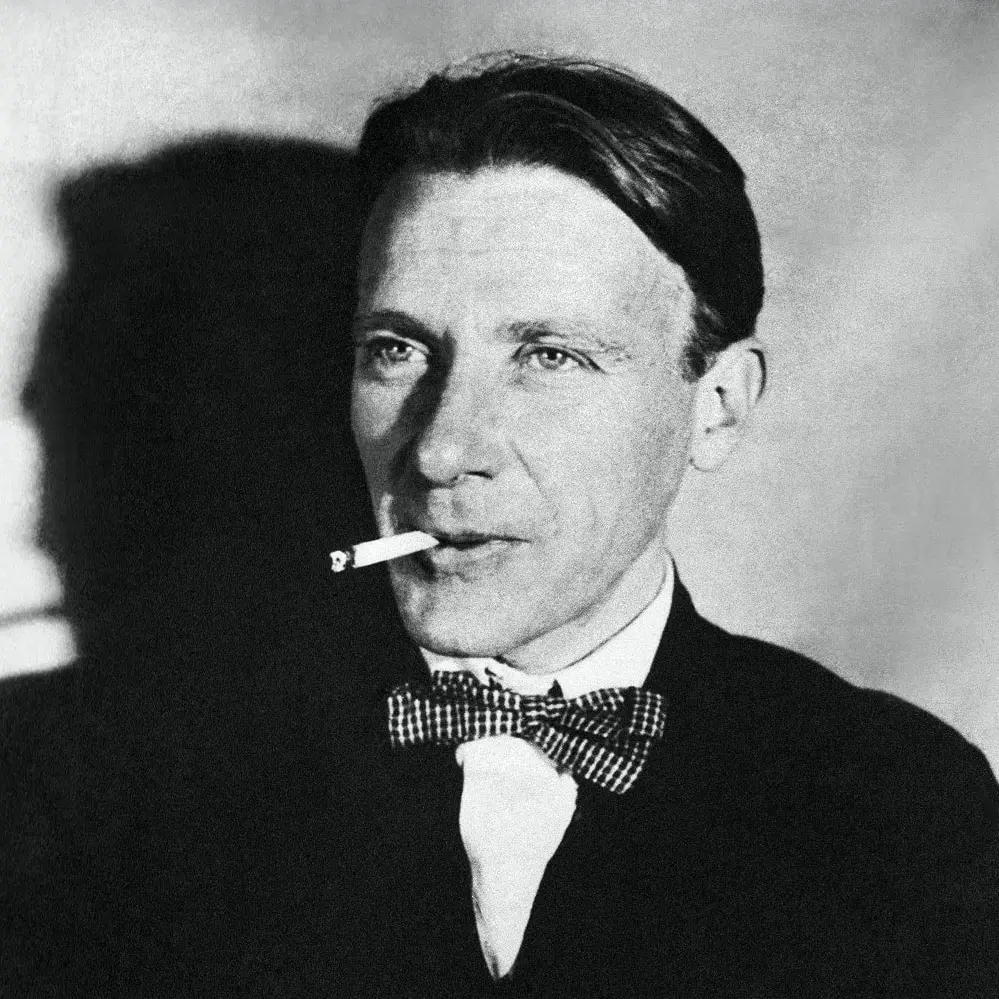
When Bulgakov was working in the village, an incident occurred that almost took his life. He saved a small child by removing diphtheria films from him with a tube. Bulgakov sucked them off. To avoid infection, he injected himself with an anti-diphtheritic serum. I started having severe allergies.
He managed to alleviate his condition with the help of morphine, but since then he has taken a certain place in the life of the writer. Soon he could not do without this substance. It got to the point where he chased his wife with a gun and demanded that she get him morphine. Tatyana did not leave him at a difficult moment, she and his stepfather helped Bulgakov cope with addiction.
7. His apartment was constantly searched
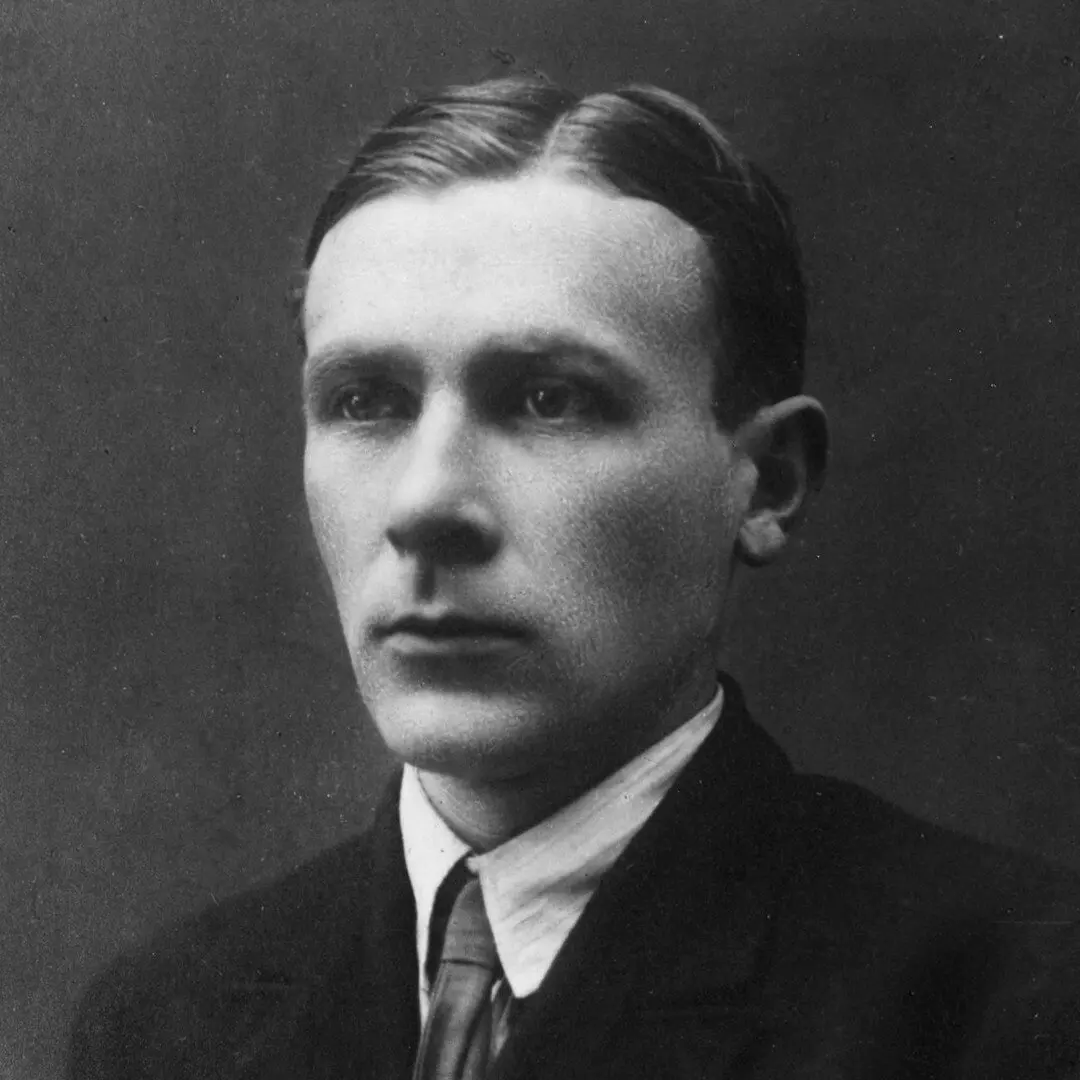
It has already been noted above that the government was dissatisfied with the writer’s work. His apartment was regularly searched by the NKVD. However, Bulgakov’s relationship with Stalin was rather strange.
It is known that they talked on the phone several times, Joseph Vissarionovich allowed Bulgakov to get a job at the Moscow Art Theater. He himself was very fond of the performances staged based on the works of Mikhail Afanasyevich, and visited them more than once. During the years of mass repression, Bulgakov was not arrested, although anti-Soviet sentiments were attributed to him.
6. His uncle was the prototype of Professor Preobrazhensky
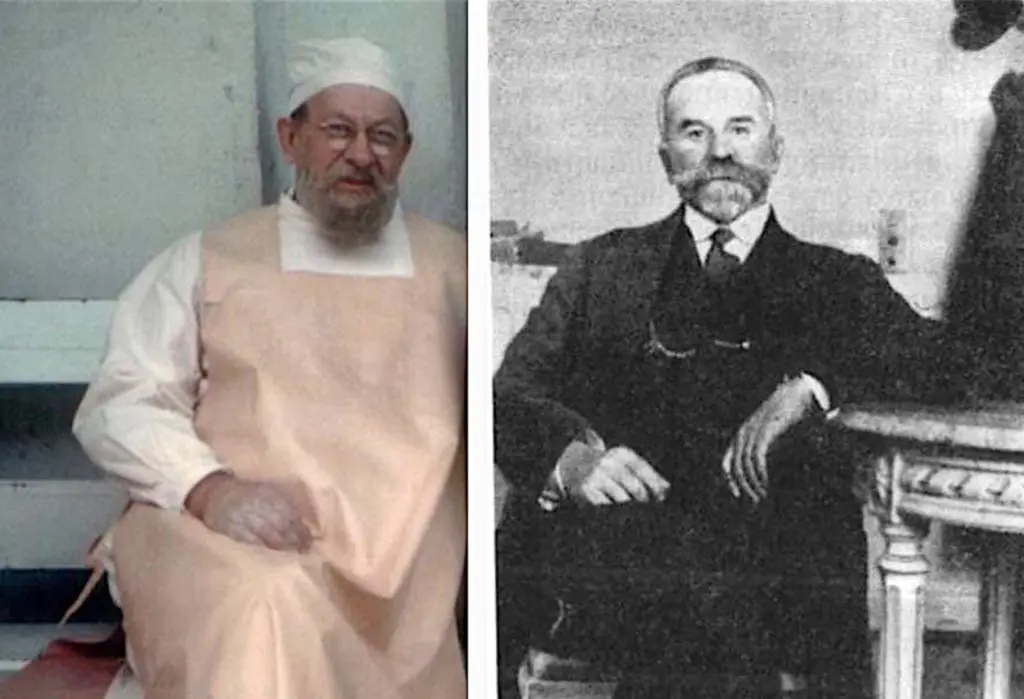
In 1917, Mikhail Afanasyevich moved to Moscow to live with his uncle. Nikolai Pokrovsky worked as a gynecologist and achieved some success in his career. It was he who became the prototype of Professor Preobrazhensky – the main character of the story “Heart of a Dog”.
It should be noted that the image was collective. Bulgakov saw in him the features of famous doctors: S. Voronov, A. Zamkov, as well as the biologist I. Ivanov.
5. Pawned his wife’s jewelry in a pawnshop
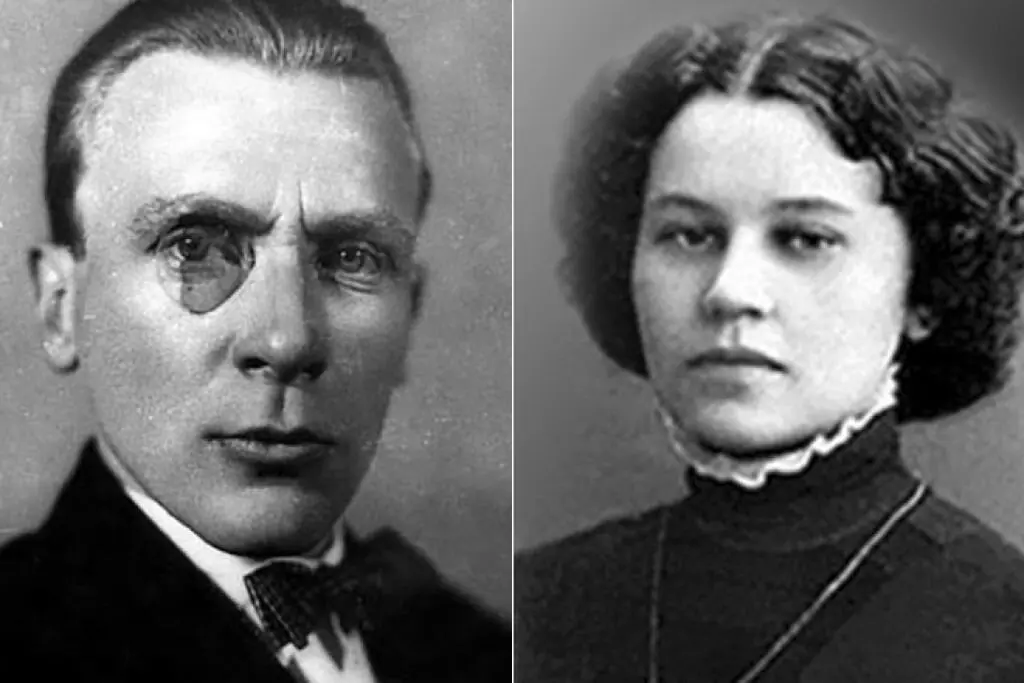
The writer did not know how to manage money at all. At 22, he married Tatyana Lappa. The lovers could not even get married. There was no money, although the girl’s parents regularly sent her large sums.
Bulgakov loved to show off. When he had rubles, he behaved like a hereditary millionaire: he bought expensive things, took a taxi, visited restaurants. However, it was an ordinary student family that did not think about the future.
When there was nothing to live on, Mikhail took his wife’s jewelry to a pawnshop. But they were happy, Tatyana Nikolaevna called these times “sorrowless.”
4. Collected concert and theater tickets
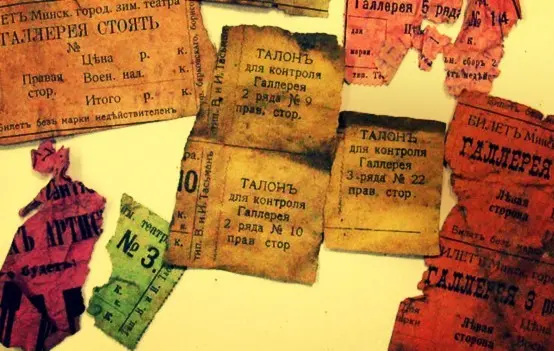
Bulgakov collected a collection of tickets, but only those with which he personally went to performances. He loved the theater, tickets for him were something like souvenirs, memories of pleasant emotions. This was not the only collection of Mikhail Afanasyevich. He also collected newspaper clippings – reviews of his works from critics.
3. Focused on the work of Gogol
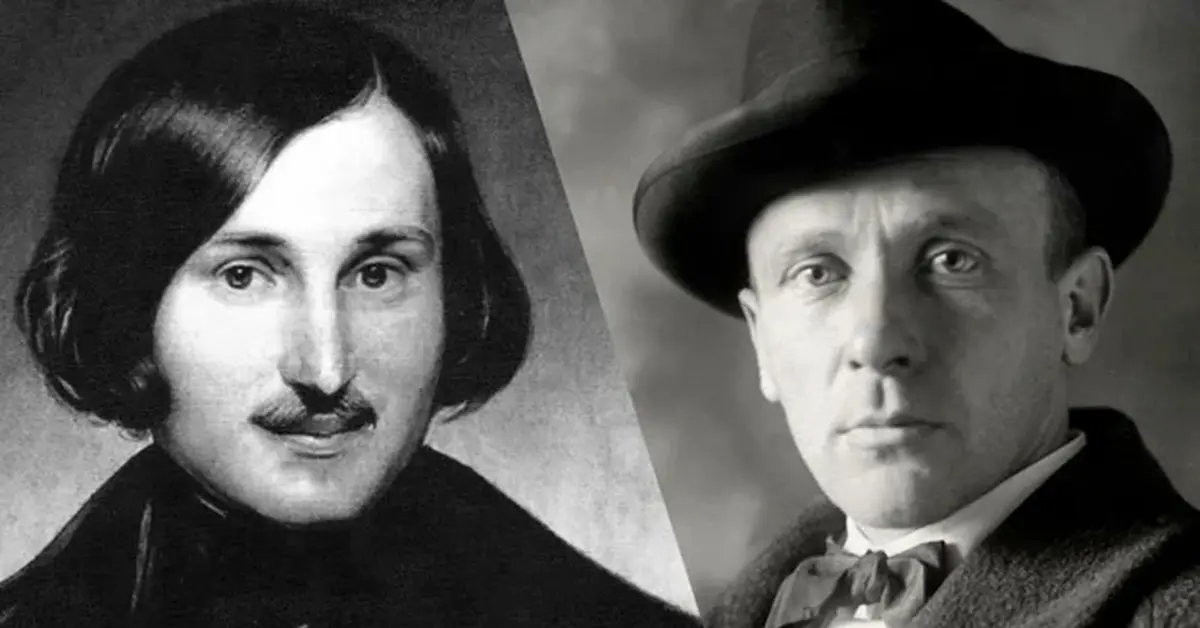
Gogol was Bulgakov’s favorite writer. He not only read his works, but also focused on the work of Nikolai Vasilyevich. Many parallels can be found in their destinies. Bulgakov, like Gogol, burned the manuscript of the novel, and also forced his hero, the Master, to do it.
Mikhail Afanasyevich repeatedly staged performances based on the works of Nikolai Vasilyevich. The first production of Dead Souls failed miserably. Bulgakov was dissatisfied with himself. Gogol came to him in a dream and demanded excuses for a failed performance.
For several years he was completely immersed in the work of the classic, this left a big imprint on the nature of his works. In the last days of his life, the writer remembered his idol. He asked to read to him about the death of Gogol, about his experiences and torments.
2. The Master and Margarita is an unfinished work
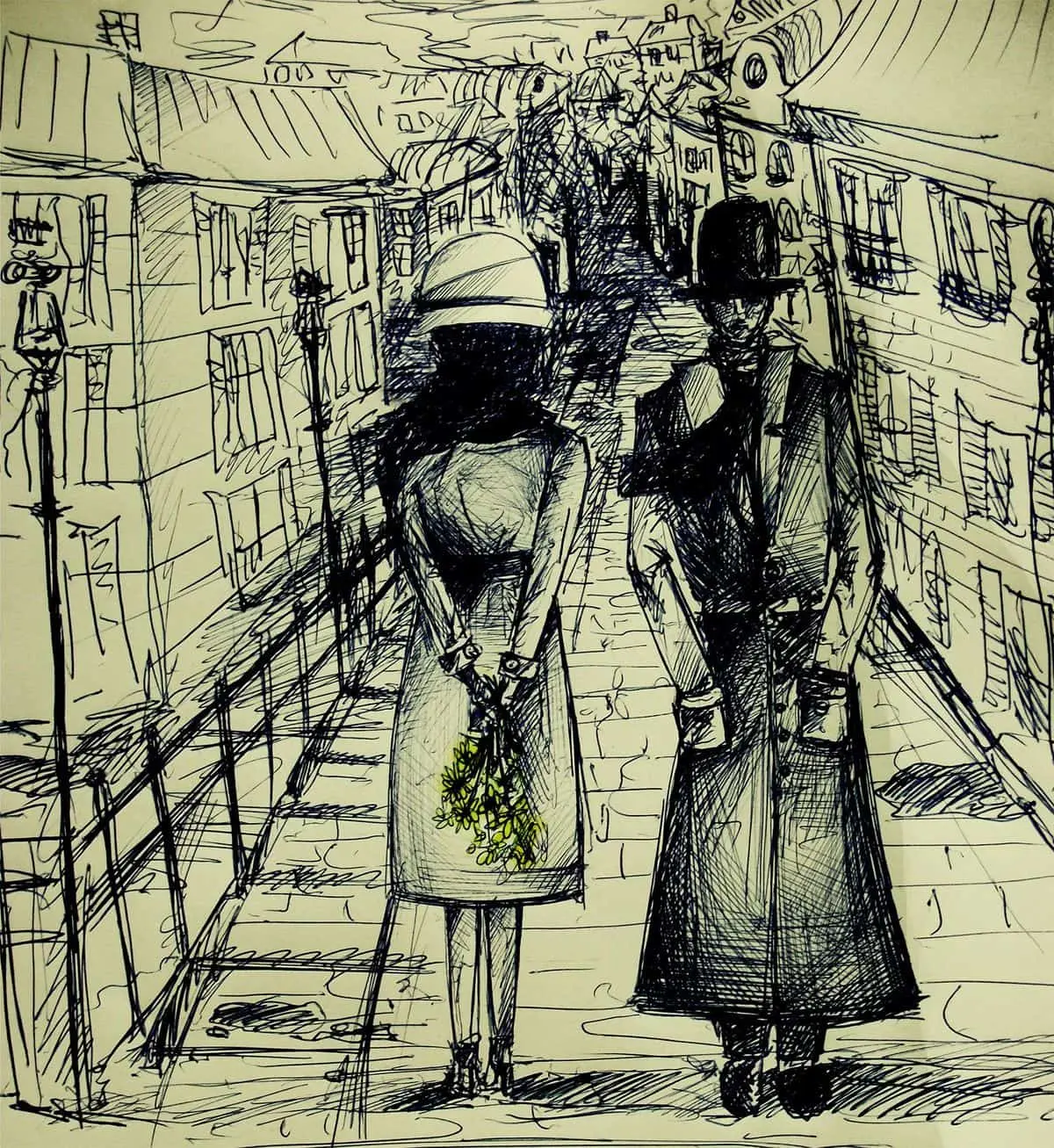
The most famous novel by Mikhail Afanasyevich was not completed. He worked on it for quite some time. He started back in 1928, did not have time to finish. After the death of the writer, drafts and manuscripts remained.
He wrote a will, according to which his wife Elena Sergeevna was to continue work on the novel. The woman spent 20 years of her life on this. She collected together manuscripts and drafts, independently edited the work.
Critics say that the novel has flaws, minor discrepancies that are invisible to the average reader (for example, the color of Woland’s beret). Elena Sergeevna several times tried to print The Master and Margarita, but she was answered: “Not the time.” No one wanted to put their lives in danger and incur the wrath of the authorities.
The novel was published in 1966 (in an abridged form). It was a publication in the magazine “Moscow”.
1. negative attitude towards the revolution
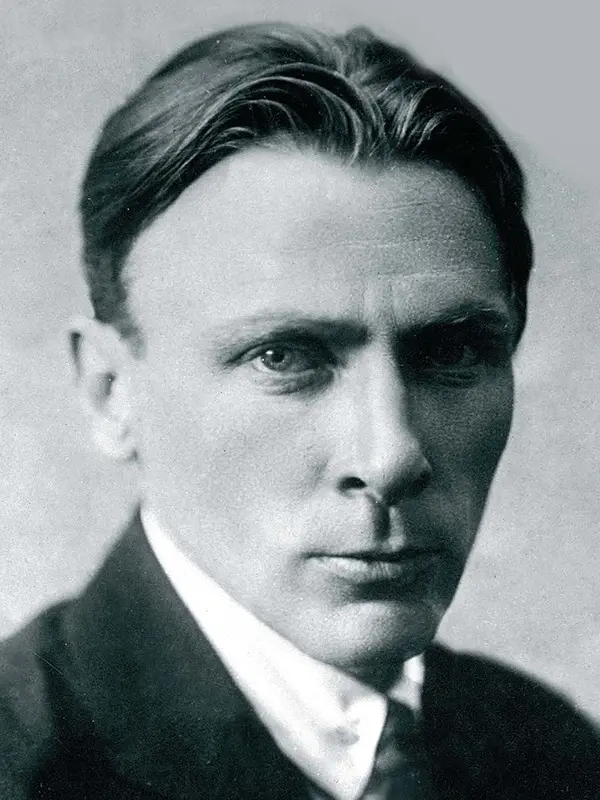
Bulgakov took part in the revolution. He served as a doctor for the White Guards, but over time, his attitude towards this phenomenon became increasingly negative. He saw in the revolution not getting rid of problems, but devastation, troubles, death..
Bulgakov did not accept it, the writer reflected this in his works. Stalin himself called him “Days of the Turbins” “an anti-Soviet thing”, and about Mikhail Afanasyevich he said that he was “not ours.”










